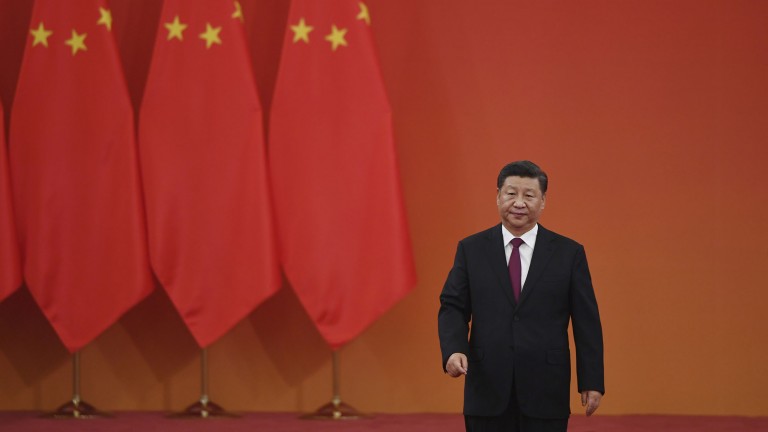As if we didn’t know it already, three recent high-level developments in China have shown just how serious the nation is about blockchains. But what the Chinese government wants to do with the technology is a far cry from the goals espoused by decentralized cryptocurrency systems like Bitcoin.
The news: Speaking at a government meeting on Thursday, China’s president, Xi Jinping, called on the nation to “seize the opportunity” and take a “leading position” in the development of blockchain technology, according to Chinese state media. On Saturday, it was reported that China’s government passed a new law to address certain regulatory and legal issues related to cryptography, an essential aspect of blockchain systems. Then, on Monday, Reuters reported that while speaking at a forum in Shanghai, Li Wei, head of the People’s Bank of China’s technology department, had urged commercial banks to step up their application of blockchains to finance.
Not a new message: The People’s Bank of China has been studying digital currency and blockchain technology since 2014. In 2017, it said it would emphasize blockchain development as part of a five-year plan. Big technology companies Tencent and Alibaba are working on blockchain platforms, and the central bank has said it is nearly ready to launch a digital currency.
Blockchain, not Bitcoin: Although it is home to a large portion of the world’s Bitcoin miners, China appears generally opposed to such public blockchain systems, which allow people to participate in the network, and help maintain the shared accounting ledger, without identifying themselves. It has banned initial coin offerings and cryptocurrency exchanges, and has hinted at plans to crack down on Bitcoin mining.
In January, China’s internet censorship agency approved new regulations requiring that all “entities or nodes” providing “blockchain information services” register with the government and collect identifying information about their users. (More than 500 projects have registered, reports CoinDesk.)
Many cryptocurrency enthusiasts would argue that this kind of centralized control defeats the purpose of using a blockchain, which they see as a tool for shifting power to users and away from central authorities like governments and banks. Nonetheless, China apparently sees in the technology an opportunity to keep close track of its citizens’ spending and gain more control over those transactions. As Aaron Wright, a law professor at Cardozo School of Law, noted on Twitter, what China seems to want with blockchain technology is a “a great paywall” to go along with its Great Firewall.
Keep up with the fast-moving and sometimes baffling world of cryptocurrencies and blockchains with our weekly newsletter Chain Letter. Subscribe here. It’s free!

